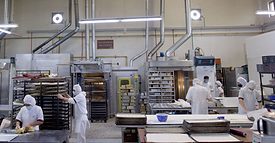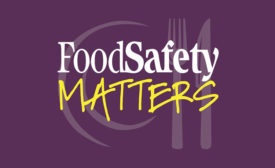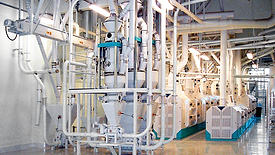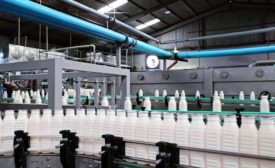Home » Keywords: » HACCP
Items Tagged with 'HACCP'
ARTICLES
Failure to properly manage and maintain your physical plant can result in foodborne illness, recalls, and even plant closures
Read More
Dairy HACCP Through the Years
The dairy industry has seen many regulatory changes, including the incorporation of the FSMA Preventive Controls Rule within the Pasteurized Milk Ordinance
October 11, 2022
Never miss the latest news and trends driving the food safety industry
eNewsletter | Website | eMagazine
JOIN TODAY!Copyright ©2025. All Rights Reserved BNP Media.
Design, CMS, Hosting & Web Development :: ePublishing













